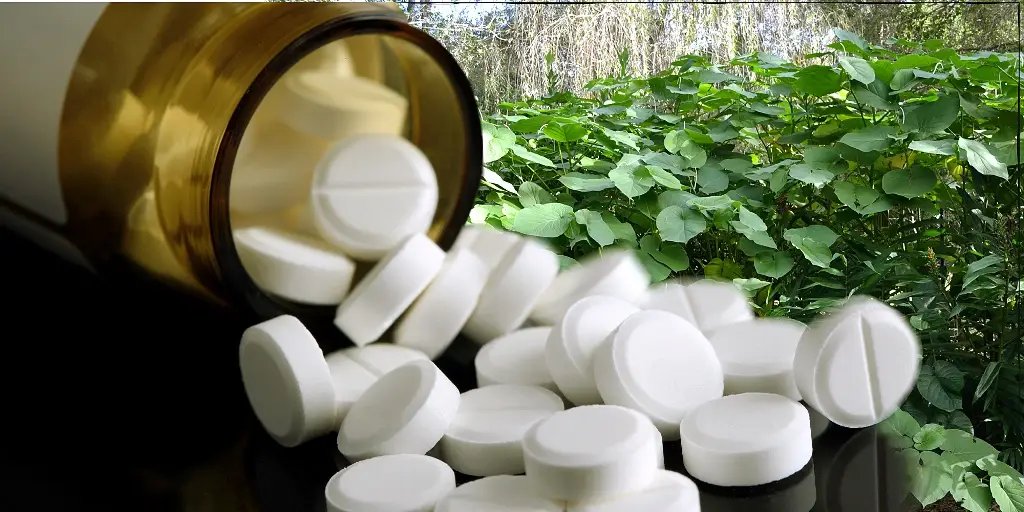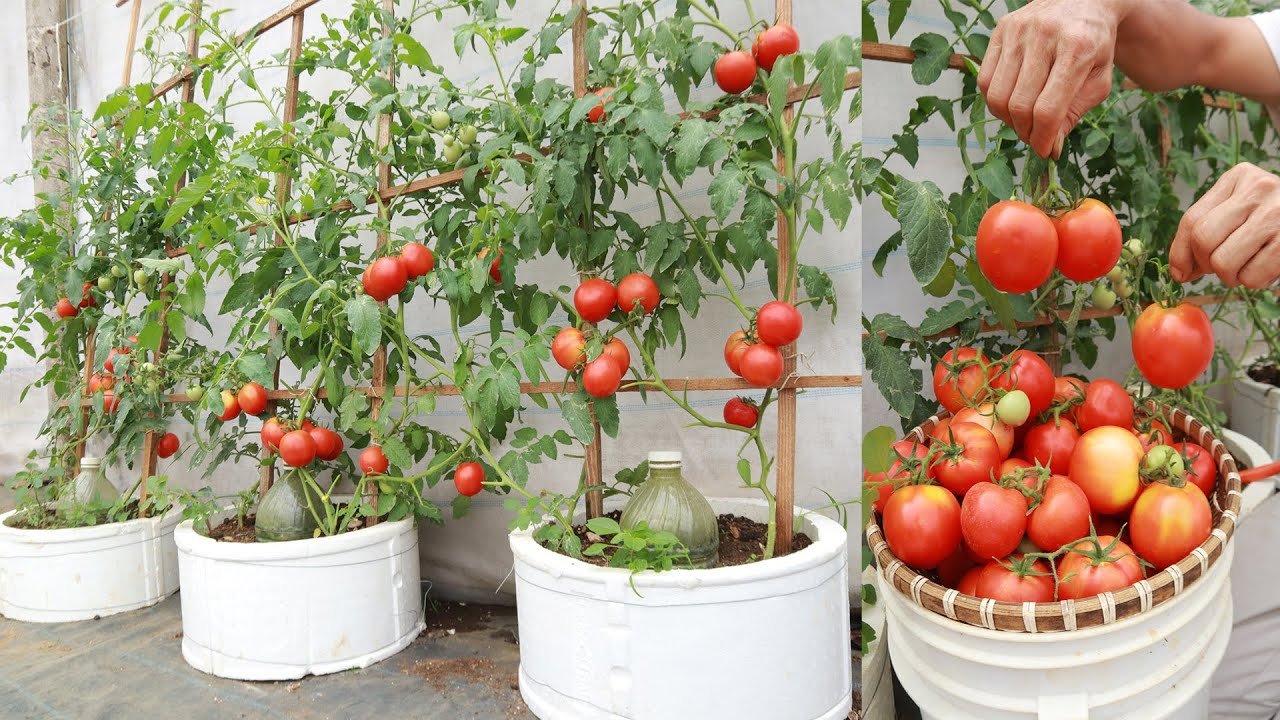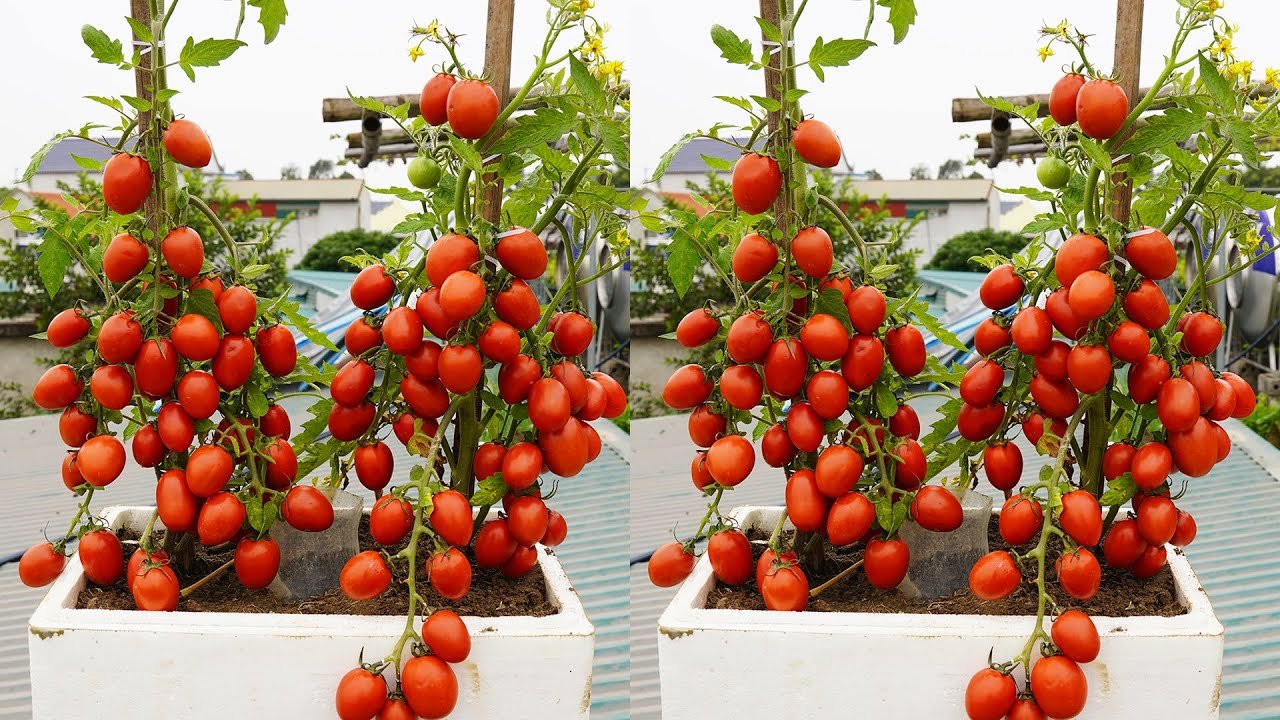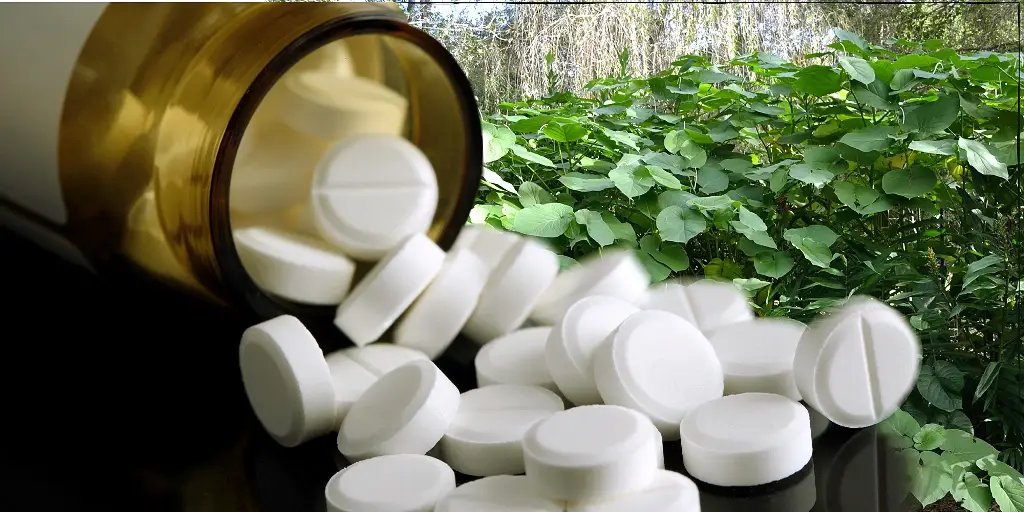As a gardener, you’re always looking for ways to boost the health and yield of your vegetable garden. While many turn to fertilizers, compost, and organic solutions, there’s a surprising household item that can do wonders for your plants: aspirin. Yes, the same aspirin you use for headaches can be a powerful ally in your garden. In this article, we’ll explore the surprising benefits of aspirin treatment for plants, how it can improve plant health, and the best ways to incorporate it into your gardening routine.

**What is Aspirin Treatment for Plants?**
Aspirin, or acetylsalicylic acid, is commonly used as a pain reliever for humans. However, it turns out that plants, especially vegetables, can also benefit from aspirin. When applied correctly, aspirin can help protect plants from diseases, improve growth, and even boost their resistance to stress. The idea behind aspirin treatment is that it mimics a plant’s natural defense system, stimulating immune responses and encouraging better overall health.
**The Science Behind Aspirin’s Benefits for Plants**
The primary reason aspirin is effective in plant treatment is its active ingredient, salicylic acid. Salicylic acid plays a crucial role in plant defense, acting as a signaling molecule that triggers various protective mechanisms in plants. It helps plants to activate their defense systems when they detect pathogens, like fungi or bacteria, which can lead to healthier plants and higher resistance to diseases. Additionally, salicylic acid promotes the production of certain proteins that are essential for plant growth and resilience.

**Surprising Benefits of Aspirin for Your Vegetable Garden**
1. **Boosts Plant Immunity**
Aspirin is known to activate the plant’s immune system. By stimulating salicylic acid production, aspirin encourages plants to produce proteins that help them fend off infections. Regularly treating your plants with a mild aspirin solution can increase their resistance to common garden diseases like powdery mildew, aphids, and fungal infections. This helps your vegetable garden stay healthy and vibrant.
2. **Enhances Plant Growth**
Research has shown that aspirin can help plants grow more vigorously. By encouraging the production of proteins that support cellular function, aspirin can boost the overall growth rate of your vegetables. Some gardeners have even reported larger, more robust plants when aspirin treatments are used regularly.
3. **Reduces Stress in Plants**
Plants face a variety of environmental stressors, such as extreme weather conditions, pests, and changes in soil quality. Aspirin has been shown to reduce the effects of these stressors by increasing the plant’s ability to adapt and fight off harmful factors. Whether it’s a hot summer day or a sudden pest infestation, aspirin can help your plants better cope with challenging conditions, resulting in healthier, stronger crops.
4. **Increases Yield**
Stronger, healthier plants are more productive, and aspirin’s ability to stimulate growth and enhance immunity can lead to a higher yield of vegetables. By improving the overall health of your garden, you are giving your plants a better chance to produce more fruit or vegetables, which translates to a better harvest for you.
5. **Encourages Root Development**
Aspirin can also promote root growth, which is essential for vegetable plants to absorb water and nutrients from the soil. Stronger roots mean more efficient uptake of water and nutrients, leading to better plant health and development. By encouraging deeper and stronger root systems, aspirin helps your plants access the resources they need to grow large, healthy vegetables.

**How to Use Aspirin for Your Vegetable Garden**
Using aspirin in your vegetable garden is simple, and there are different methods you can try depending on your needs. Here’s how to use aspirin effectively:
1. **Aspirin Water Solution**
The most common method of using aspirin for plants is by creating an aspirin water solution. Dissolve 1 or 2 regular aspirin tablets (325 mg) in 1 gallon of water. Pour the solution directly onto the soil around the base of your plants or use it as a foliar spray. For best results, apply this solution once every 2 to 3 weeks during the growing season.
2. **Aspirin Soil Treatment**
You can also add crushed aspirin tablets directly to the soil before planting. Mix the crushed aspirin with your soil or compost to introduce salicylic acid into the ground. This can give your plants an immunity boost from the start, helping them grow stronger and more resistant to disease.
3. **Soaking Seeds in Aspirin Solution**
For even better results, soak your seeds in an aspirin solution before planting them. Soaking the seeds in a diluted aspirin solution for about 24 hours can help improve germination rates and make the plants more resilient once they are transplanted into the garden.
**Precautions When Using Aspirin in Your Garden**
While aspirin can be beneficial for plants, it’s important to use it correctly. Too much aspirin can harm your plants, causing stunted growth or damage. Always use the recommended dosage and never overapply. Additionally, avoid using aspirin on plants that are sensitive to acidic conditions, as the solution may alter the soil pH.

**A Simple, Powerful Boost for Your Vegetable Garden**
Aspirin is an unexpected but highly effective tool in the gardener’s arsenal. Its ability to boost immunity, reduce stress, enhance growth, and increase yield makes it a valuable asset for any vegetable garden. By incorporating aspirin treatment into your gardening routine, you can help your plants thrive and produce a bountiful harvest. So, next time you reach for your aspirin bottle, consider using it to give your vegetable garden the boost it deserves
